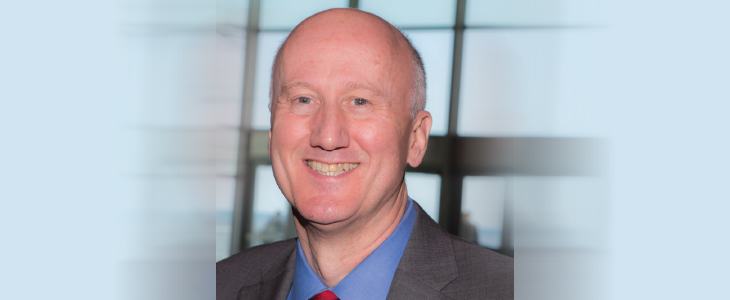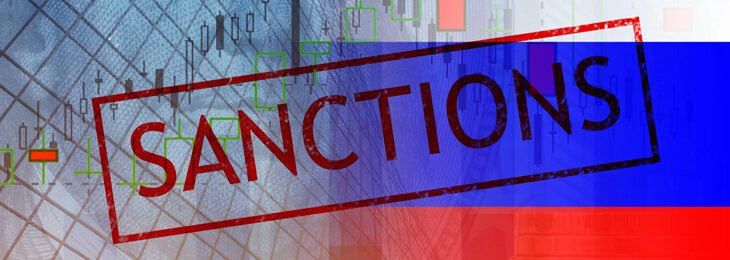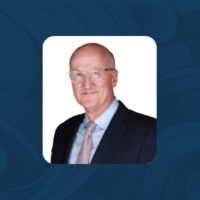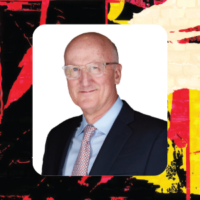
The ACAMS Today (AT) Law Enforcement (LE) issue offers an annual opportunity to pause and take note of ACAMS’ longstanding partnership with the LE community, and to express our appreciation for the men and women in the public sector dedicated to fighting crime, particularly financial crime.
While there has always been a connection between LE and financial institutions, that relationship became a true partnership after September 11, 2001, when compliance officers at U.S. financial institutions were virtually deputized under the USA PATRIOT Act.
Subsequently, new leadership on anti-money laundering (AML) and counter-terrorist financing (CTF) emerged from the parliaments of the EU and U.K. in the wake of brutal terror attacks in France, Belgium, Germany and the U.K. These initiatives also envision greater private sector cooperation with LE; for example, those realized in the U.K.’s Joint Money Laundering Intelligence Taskforce (JMLIT) and the EU’s Europol
Financial Intelligence Public Private Partnership.
ACAMS is proud to have a role in this flourishing collaboration. In addition to offering specialized training for anti-financial crime (AFC) professionals from the private and public sectors, ACAMS brings both sectors together at our conferences, chapter meetings and other events, all designed to serve as trusted platforms for the exchange of information and expertise.
This AT LE issue suggests the breadth of the material our community is required to master, including a fascinating account of the U.S. Department of Homeland Security’s role in repatriating to Iraq stolen Mesopotamian artifacts. At conferences, our sanctions sessions focus on enabling professionals to make the connections that will flag unacceptable transactions. For both public and private sector practitioners, that expertise is supported as much by a grasp of intricate regulations and familiarity with trade finance as by an understanding of the social, political and historical landscape in which these transactions are taking place.
Reflecting the critical and demanding nature of this work, and their accountability, AFC professionals at financial institutions have seen a significant rise in resources and respect over the past 17 years. For the public-private partnership to achieve its full potential, however, the important contributions of our colleagues in the public sector must be held in similar high regard, and accorded the same respect.
Now more than ever, the increasing sophistication of financial criminals requires that LE have the capacity to recruit the best and the brightest. To be sure, young people considering a career in LE must be drawn to a higher calling. But in addition to a commitment to “serve and protect,” they must also have the capacity and curiosity to engage with vast amounts of emerging information across disciplines, from the social sciences and the arts, to mathematics and technology.
ACAMS will continue to provide platforms for the exchange of information, expertise and best practices to ensure the integrity of our financial systems. The recent Hollywood, Florida conference tackled artificial intelligence and machine learning, human trafficking and marijuana. As I write, I am preparing for a panel with AFC heads at major global banks for the ACAMS 14th Annual AML & Financial Crime Conference Europe that will cover complex emerging financial crime threats and the adoption of technology, many of which could not have been imagined 20 or even 10 years ago.
AFC compliance officers must face these challenges—and those yet to emerge—in partnership with capable, sophisticated LE officials.
Helping us face those challenges over the decades have been speakers from the U.S. Department of Justice, the Federal Bureau of Investigation, Homeland Security, the U.K.’s National Crime Agency, Metropolitan Police, Europol, the Washington/Baltimore High Intensity Drug Trafficking Area (HIDTA), Northern Virginia’s Financial Initiative (NVFI) and the IRS’s Criminal Investigations division. Forgive me if I have omitted anyone, which I almost certainly have given the level of global LE participation over the years.
On behalf of the AML community, we are privileged to acknowledge all the fine public servants whose dedication and professionalism help make our world a safer place to live and work.










